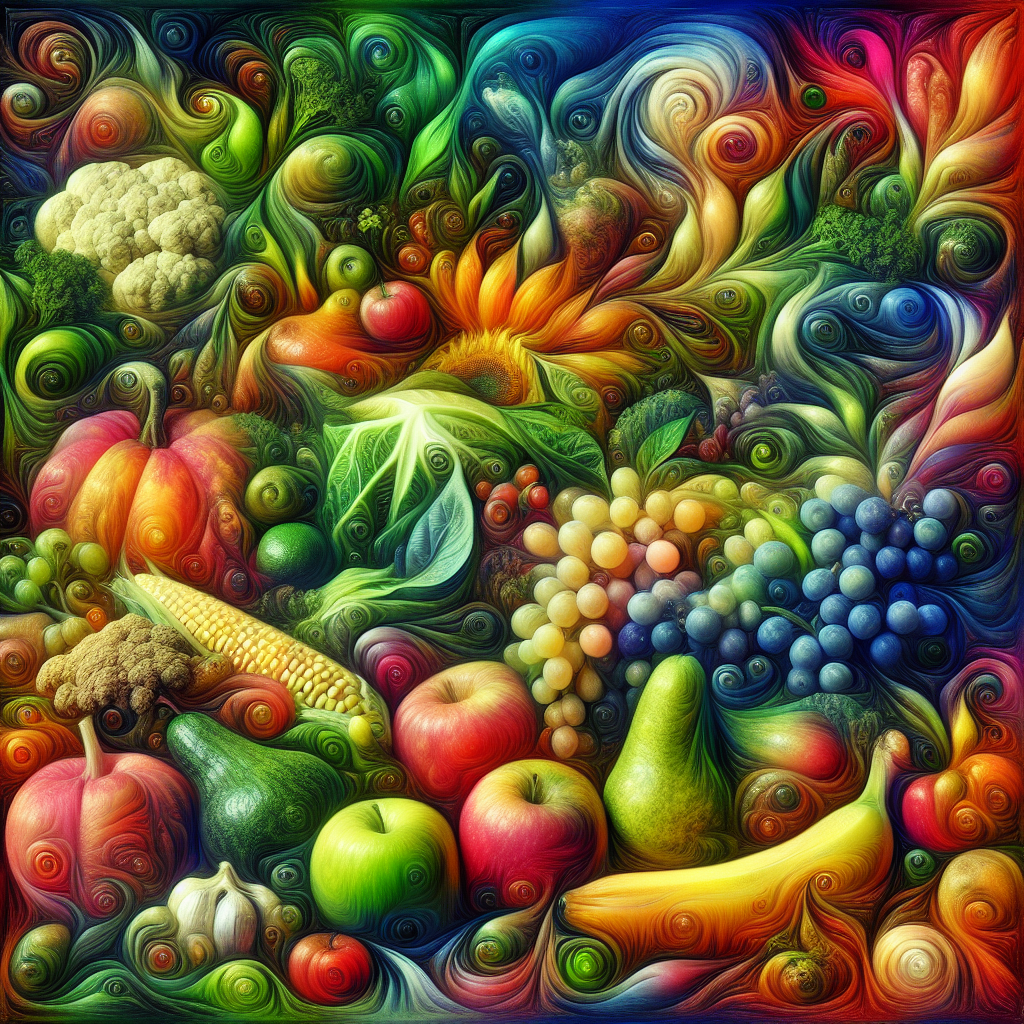Unlocking Nature’s Medicine Cabinet: A Detailed Exploration of Herbal Remedies
For millennia, before the advent of modern pharmaceuticals, humanity relied upon the bounty of the natural world for healing. Plants, with their complex chemical compositions, have served as the foundation of traditional medicine systems worldwide, offering a potent arsenal against various ailments. Today, as we increasingly seek sustainable and holistic approaches to health, there’s a renewed interest in unlocking nature’s medicine cabinet – a treasure trove of herbal remedies that have stood the test of time.
The Power of Phytochemicals:
The efficacy of herbal remedies stems from the diverse array of phytochemicals they contain. These are naturally occurring compounds, not essential for the plant’s survival but possessing profound therapeutic properties. Understanding these phytochemicals is key to appreciating the potential of plant-based medicine.
-
Alkaloids: These nitrogen-containing compounds often exhibit potent pharmacological effects. Examples include morphine from the opium poppy ( Papaver somniferum) and caffeine from coffee beans (Coffea arabica). Alkaloids can act as pain relievers, stimulants, and even have anti-cancer properties.
-
Flavonoids: These ubiquitous compounds are known for their antioxidant, anti-inflammatory, and antiviral activities. They are responsible for the vibrant colors of many fruits and vegetables. Examples include quercetin, found in onions and apples, and rutin, found in buckwheat.
-
Terpenoids: This large and diverse group includes essential oils, which contribute to the characteristic scents of many herbs. Terpenoids possess a range of therapeutic properties, including antimicrobial, antiseptic, and anti-inflammatory effects. Examples include limonene in citrus fruits and menthol in peppermint.
-
Phenolic Acids: These compounds exhibit potent antioxidant properties and are known to help protect against cell damage. They are found in many plants, including berries, coffee, and tea.
Key Herbal Remedies and Their Uses:
Numerous herbs have earned their place in traditional medicine for their specific therapeutic actions. Exploring these can offer valuable insight into their historical use and potential benefits.
-
Echinacea ( Echinacea purpurea): Celebrated for its immune-boosting properties, Echinacea has been traditionally used to combat colds, flu, and other respiratory infections. Studies suggest that it stimulates the immune system and reduces the duration and severity of illness.
-
Ginger (Zingiber officinale): This versatile root has been used for centuries to treat nausea, motion sickness, and digestive upset. Ginger contains gingerols and shogaols, which have anti-inflammatory and anti-emetic properties. Its efficacy has been clinically proven for nausea during pregnancy.
-
Turmeric (Curcuma longa): The vibrant yellow spice is a cornerstone of Ayurvedic medicine. Curcumin, the active compound in turmeric, possesses powerful anti-inflammatory and antioxidant properties. It is used to treat a range of conditions, including arthritis, digestive disorders, and even some cancers. Bioavailability is improved by taking with black pepper due to its piperine content.
-
Garlic (Allium sativum): Known for its pungent aroma and numerous health benefits, garlic is a potent antimicrobial agent. It has been traditionally used to treat infections, lower cholesterol, and improve cardiovascular health. Allicin, produced when garlic is crushed, is responsible for many of its therapeutic effects.
-
Chamomile (Matricaria chamomilla): This gentle herb is renowned for its calming and relaxing properties. Chamomile tea is widely used to relieve anxiety, promote sleep, and soothe digestive upset. It contains apigenin, an antioxidant that may reduce anxiety.
-
St. John’s Wort (Hypericum perforatum): Traditionally used to treat depression, St. John’s Wort has shown promise in alleviating mild to moderate depressive symptoms. However, it can interact with various medications, so medical advice is essential before use. It contains hypericin, which is believed to contribute to its antidepressant effects.
-
Ginkgo Biloba (Ginkgo biloba): Extracted from the leaves of the Ginkgo tree, this herb has been used for cognitive enhancement, memory, and to improve blood circulation. Ginkgo contains flavonoids and terpenoids, believed to support brain health and improve blood flow.
-
Peppermint (Mentha piperita): This herb is excellent for digestive issues. Peppermint oil can relax the muscles of the gut and ease symptoms of irritable bowel syndrome (IBS). It also has antimicrobial properties, making it beneficial for respiratory infections.
-
Hawthorn Berry (Crataegus monogyna): This berry has been a traditional remedy for cardiovascular problems. Hawthorn berry extract can improve blood flow, reduce blood pressure, and support overall heart health.
Important Considerations:
While herbal remedies offer tremendous potential, responsible use is paramount. Understanding the following factors is vital before embracing nature’s medicine cabinet.
-
Quality and Sourcing: The efficacy of herbal remedies is heavily influenced by the quality of the plant material. Source herbs from reputable suppliers who practice sustainable harvesting and quality control.
-
Dosage and Administration: Follow recommended dosages and preparation methods. Overdosing on herbs can lead to adverse effects. Consider the form—tea, tincture, capsule, etc.—for optimal absorption.
-
Interactions with Medications: Herbal remedies can interact with prescription medications. Consult with a healthcare professional before using herbs, especially if you are taking other medications.
-
Potential Side Effects: While generally considered safe, herbs can still cause side effects, such as allergic reactions or digestive upset. Discontinue use if you experience any adverse reactions.
-
Individual Sensitivity: People react differently to herbs. Start with low doses and carefully monitor your response.
-
Sustainability and Ethical Harvesting: Consider the environmental impact. Look for herbs that are sustainably sourced and ethically harvested to protect biodiversity.
-
Consultation with Professionals: Seek guidance from qualified herbalists or healthcare professionals before embarking on an herbal treatment regime. This ensures the safety and effectiveness of your chosen remedies, tailored to your specific health needs.
Conclusion:
The exploration of nature’s medicine cabinet is an ongoing journey. By understanding the science behind herbal remedies, embracing responsible practices, and seeking expert guidance, we can harness the power of plants to promote health and well-being.
Discover more from NatureZen Market
Subscribe to get the latest posts sent to your email.











